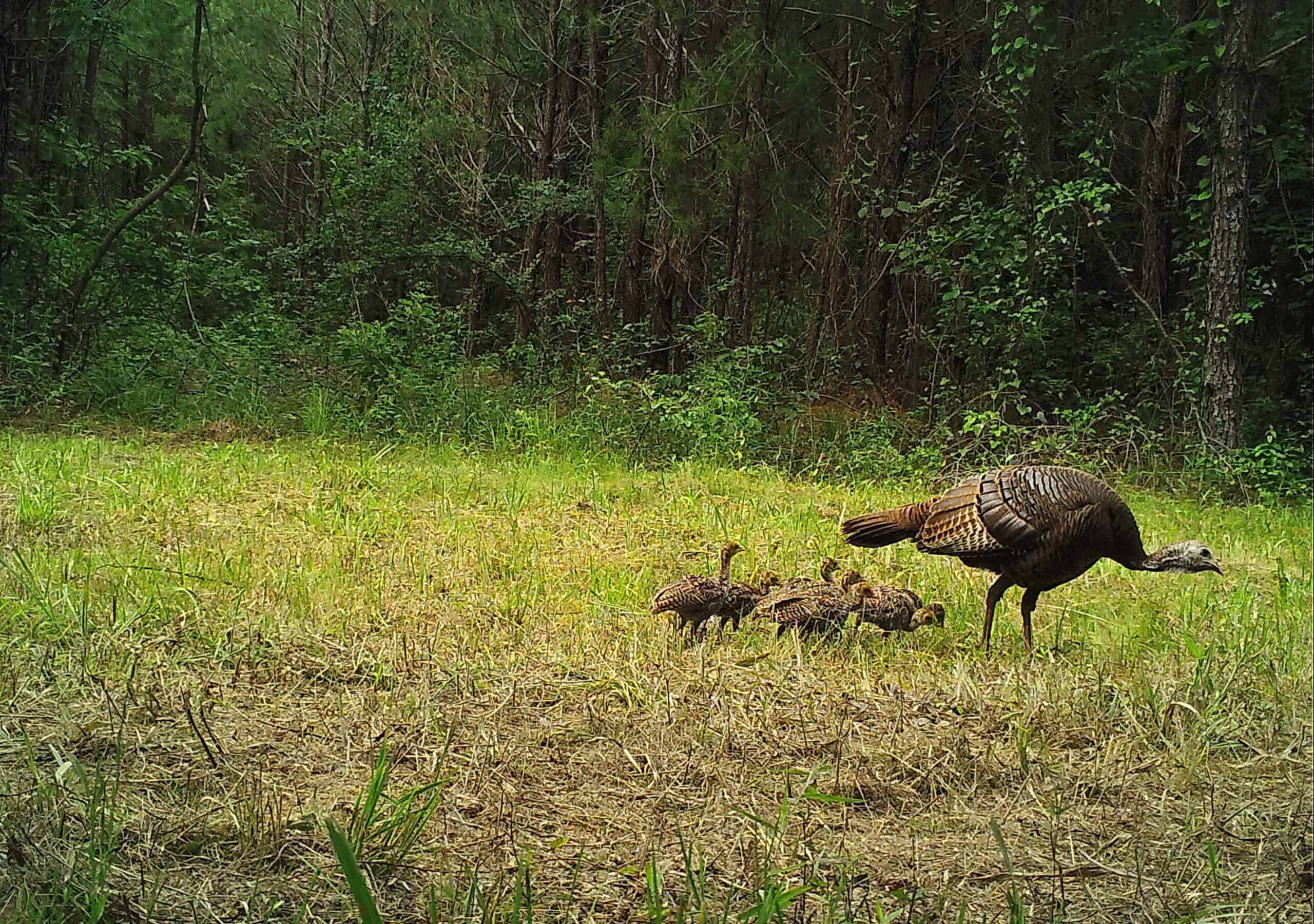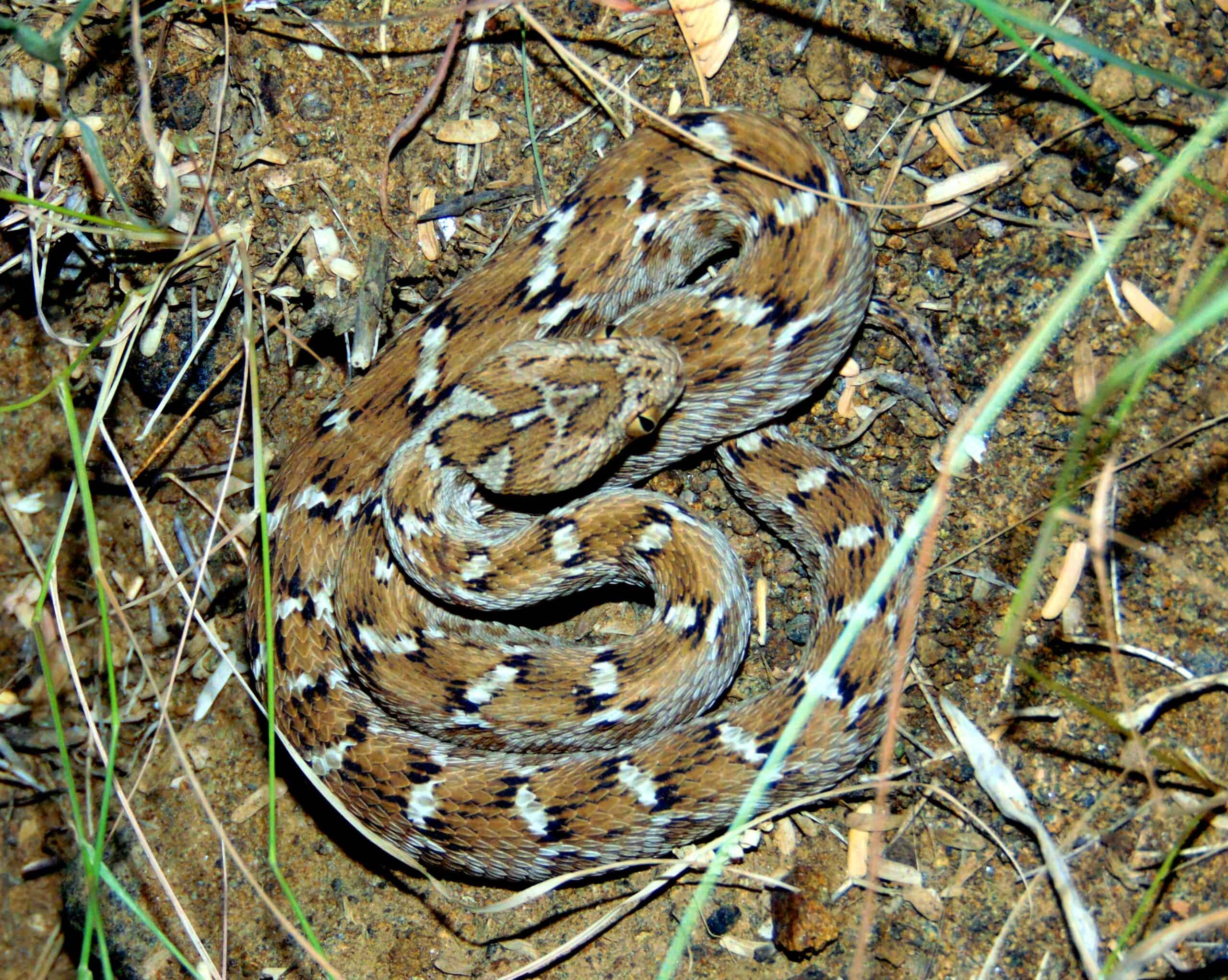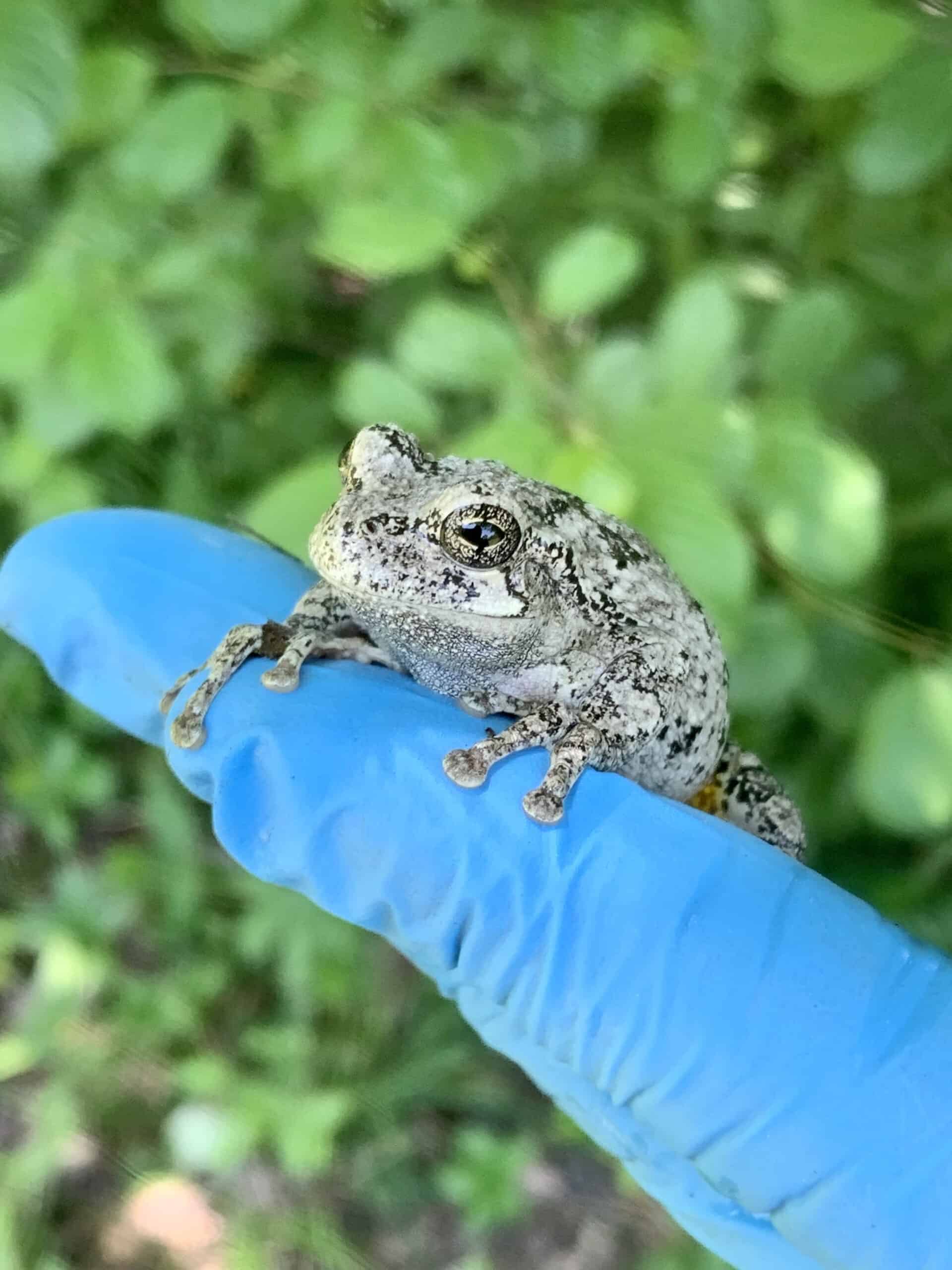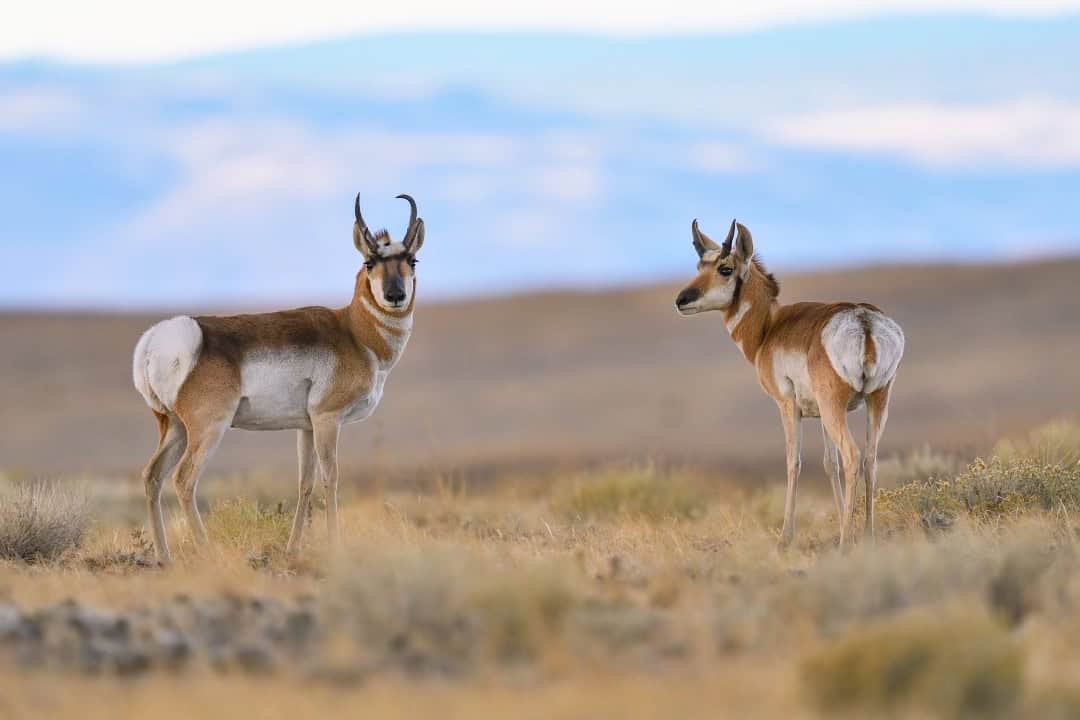Share this article
Wildlife Featured in this article
- Wild turkey
As the climate changes, wild turkeys aren’t keeping up
Earlier springs raise concerns for wild turkeys in the South
Wild turkeys may have trouble keeping up with climate change as warmer, wetter weather creates a disparity between the arrival of spring and when the birds nest.
After unregulated hunting and habitat loss nearly drove wild turkeys to extinction, reintroduction efforts have helped them thrive throughout the U.S.— even in places they never lived before.
But in much of the South, eastern wild turkeys (Meleagris gallopavo silvestris) have been declining. Their struggles may not get any easier, researchers found, after modeling climate change in five Southern states.
“There’s definitely a mismatch between green-up and when they’re reproducing,” said TWS member Wesley Boone, a postdoctoral research scholar at North Carolina State University and lead author on the study published recently in Climate Change Ecology.
Turkey poults survive on a diet of insects to make it through their early months. If those insects hatch earlier, Boone said, the newborn turkeys may not have enough food to reach maturity. His team found that while green-up is already coming earlier to the South, nesting isn’t keeping up. Instead, turkeys appear to time their nesting with day length, which doesn’t change.
Turkeys aren’t the only birds facing this phenological mismatch between spring green-up and nesting. A recent study published in the Proceedings of the National Academy of Sciences found that earlier springs are already affecting many species of songbirds that summer in North America, including such common species as American robins (Turdus migratorius) and northern cardinals (Cardinalis cardinalis).
“Future climate change–associated phenological shifts will likely result in a decrease in breeding productivity for most species, given that bird breeding phenology is failing to keep pace with climate change,” the authors found.
But migratory birds may have it easier, Boone said. They can migrate to areas where green-up meets their migration timing. Wild turkeys, however, aren’t famous flyers.
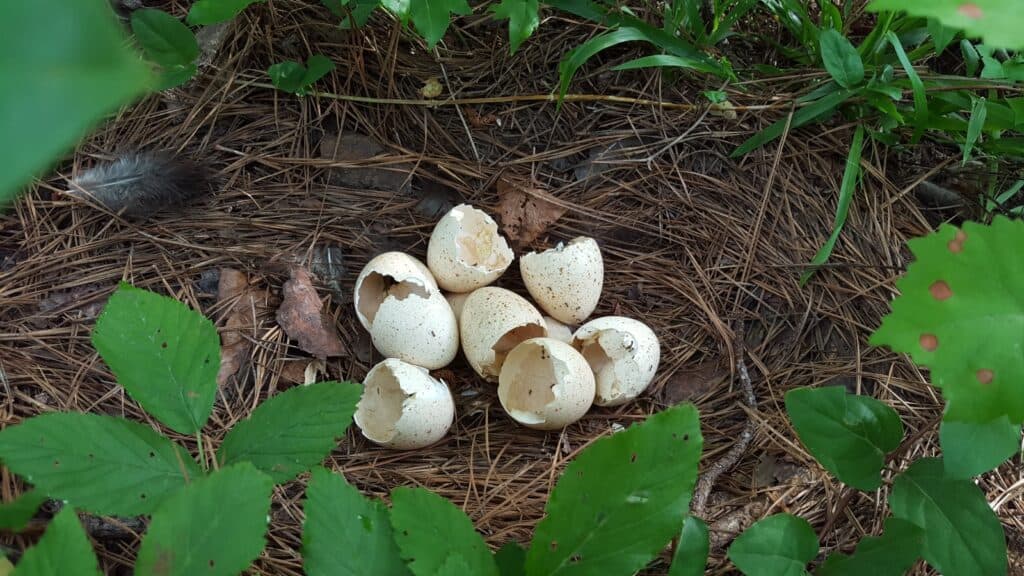
Tracking long-term change
Combining eight years of nesting data and weather data, Boone’s team found that when temperature and rainfall increased between January and March in the South, the turkeys’ nesting barely changed.
The researchers attached GPS transmitters to female turkeys to find when they began to sit on their eggs and if the eggs hatched. Looking at weather patterns like temperature and rainfall, they wanted to see how the timing of spring green-up linked with nesting. That allowed them to model what that might look like between 2041 and 2060, based on two climate change scenarios.
They found that turkeys’ response could be measured in hours, not days—not nearly enough to keep up with the changes ahead.
The study is the first in a series looking at the effects of climate change on eastern wild turkeys. Future studies will examine nest success and the survival of hatchlings.
The birds’ failure to respond to climate change raises concerns. Wild turkeys are among the most popular hunted species in the country, but some southern states have already had to set hunting restrictions to try to stem population declines. A study published last year in the Wildlife Society Bulletin found the declines aren’t limited to the South. Between 2014 and 2019, populations across the country appear to have fallen 18%.
“If the current declines continue—from whatever is causing them—one option may be to reduce hunting opportunities,” Boone said. “I don’t think that would be a very popular decision.”
Header Image: Wild turkeys are declining in the South, and climate change raises new concerns. Credit: Bret Collier



